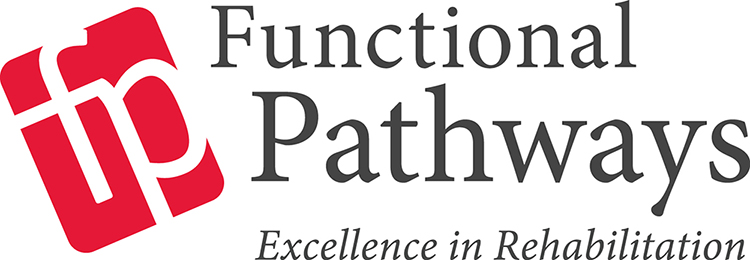Government audits are stressful, demanding, nerve-wracking, and becoming more of a focus for government agencies. As the government is buckling down more on the medical necessity of therapy services, providers need to do more. Not only do providers need to ensure the skilled level of care required for a skilled nursing facility, providers also need to be cognizant of the necessity of therapy services. This burden of proof requires a team approach and thorough discussion of each resident case is imperative. Important, but stressful, right?
How to Reduce the Stress of a Government Audit
Medical necessity of therapy services begins at the time of the evaluation. Familiarizing yourself with the two important areas on the evaluation that supports medical necessity can go a long way. These two areas on the evaluation are:
1) The Reason for Referral section.
2) The Prior Level of Function section.
The Reason for Referral must include:
– The most recent medical event
– The medical condition/diagnosis
– The functional deficits
– Any underlying impairments that the resident exhibits at the time of the evaluation
The Prior Level of Function must include:
– The resident’s functional abilities prior to the medical event relating to the therapy discipline (PT, OT, ST)
– The physical environment where the resident resides
– Any assistive devices used
– Amount of assistance
– For speech language pathology, diet type, liquid consistency, and cognitive level
– In addition, there must be a significant change comparing the prior level of function to the current level of function at the time of the evaluation.
In order to ensure medical necessity is evident, the therapy services must be specific and effective treatment under accepted standards of care, the services must be at a level of complexity and sophistication or the condition of the resident is such that the services required can safely and effectively performed only by a therapist. If the condition of the resident is expected to spontaneously recover with time, therapy services are not considered medically necessary. In addition, services that can be safely and effectively provided by non-therapist personnel are not considered skilled therapy services and are not covered. Ultimately, when the skills of a therapist are no longer required to treat the resident’s condition, the therapy services are no longer medically necessary.
How You Can Ensure Medical Necessity of Therapy Services
- Communication is key. Discuss in morning meetings, rehab meetings, and interdisciplinary team (IDT) meetings is crucial to ensure all skilled services are effective and necessary.
- Consistently train. Nurses and therapists needs to be trained on effective documentation practices.
- Audit your documentation. Review nursing documentation as well as therapy documentation.
- Triple check. Frequent triple check meetings are essential to ensure diagnoses, billing and coding, and documentation meet the burden of proof for medical necessity.
The medical industry is seeing consistent flow of focused audits. Many providers are feeling the pressure of government reviews, and those providers who have a robust auditing and training plan and exemplary communication processes are finding success when faced with government audits. How do you relieve your stress from these audits? Ensure your documentation processes are effective…and then color your stress away.
Gina Tomcsik, Director of Compliance | Functional Pathways


Comments (0)